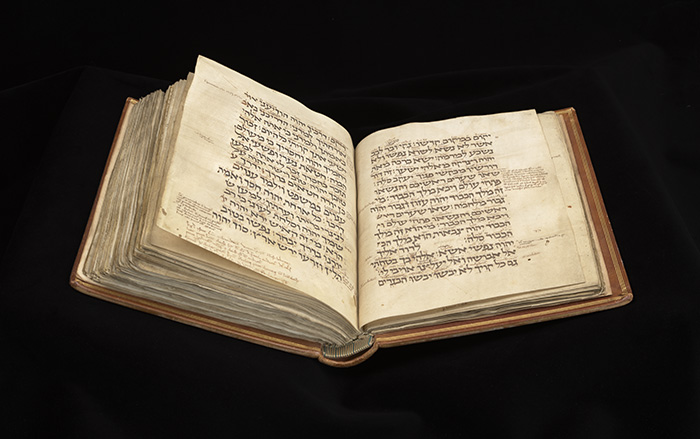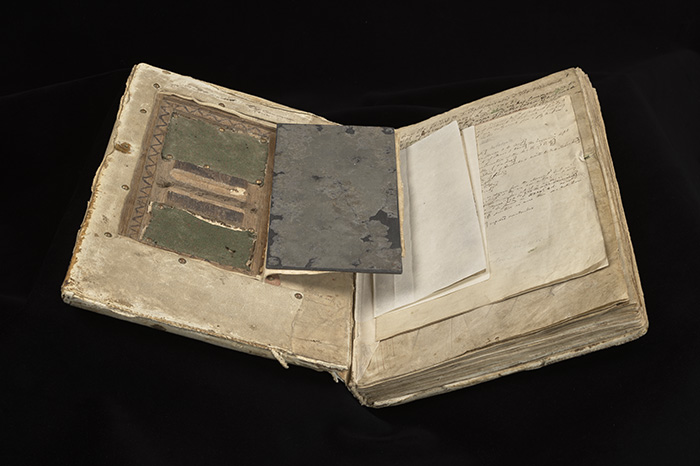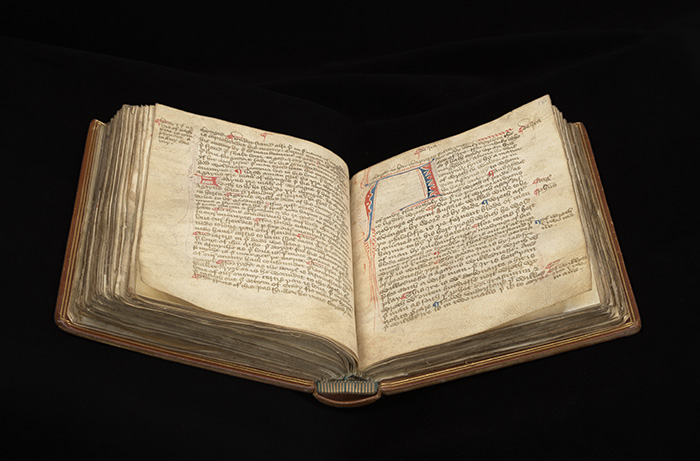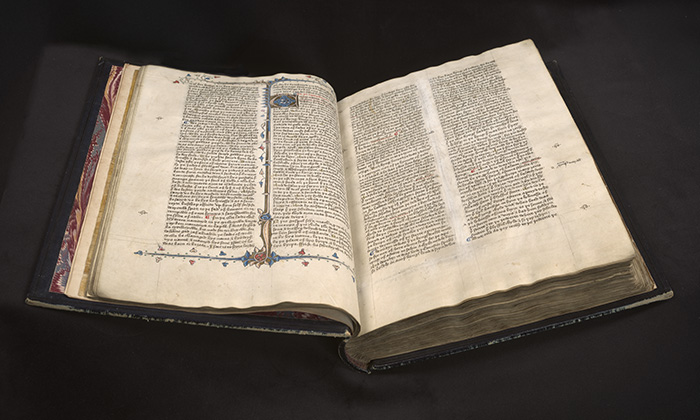
Five manuscripts that may change our understanding of Medieval life
The rare manuscripts were acquired by the British Library from the private library at Longleat House and have now been digitised for everyone to access.

A trilingual Hebrew dictionary
This Trilingual Dictionary, Psalter and Hebrew Grammar was compiled by the monks of Ramsey Abbey in consultation with Jewish scholars in around 1250. Together they translated more than 3,500 Hebrew words into Latin and medieval French. The remarkable collection sheds new light on how Christian and Jewish scholars sometimes co-operated on the study of Hebrew before the expulsion of the Jews from England in 1290.

A handbook for running a town
Retaining its original leather cover, The Red Book of Bath was made for the town’s administrators in the 15th century. Inside its cover are a unique Life of King Arthur in Middle English verse, a Life of St Katherine of Alexandria, two rare sketch maps of the Mediterranean, numerous texts on commerce and local customs and a very unusual recess that would have once held weights and a pair of scales for weighing gold.

A woman’s guide to mysticism
This manuscript, containing English mystical author Richard Rolle’s The Form of Living, is a rare example of a Middle English literary manuscript made for a woman in 15th-century Ireland and written in the Hiberno-English dialect. The manuscript is believed to contain Rolle’s personal selection of his own works and also includes the most complete surviving copy of A Revelation of Purgatory, an important visionary account by an English anchoress.

A controversial collection of sermons
This series of Middle English sermons was written by a Cambridgeshire cleric around 1400, at a time when theologians were debating the broadening of access to the Bible and the influence of priests. Another text known to be composed by the anonymous author was condemned by the Archbishop of Canterbury at the time.
An unusual sequence of illustrations
This Arma Christi manuscript is a devotional collection containing a rare series of illuminations. While the artists are unnamed, the manuscript’s scribe has been identified as Theodericus Werken, who was born in the Netherlands but had moved to London by around 1450. Manuscripts of this kind highlight the importance of personal devotion and piety in the Middle Ages.
Saving the UK’s heritage
The acquisition was made possible with a £1million grant from the National Heritage Memorial Fund and further support from Art Fund, The American Trust for the British Library, British Library Collections Trust and Friends of the Nations’ Libraries.
The Memorial Fund exists to save the UK's finest heritage and create a timeless collection that belongs to us all, as a permanent memorial to those have given their lives for the UK. Discover what else we’ve helped preserve in our project archive.

